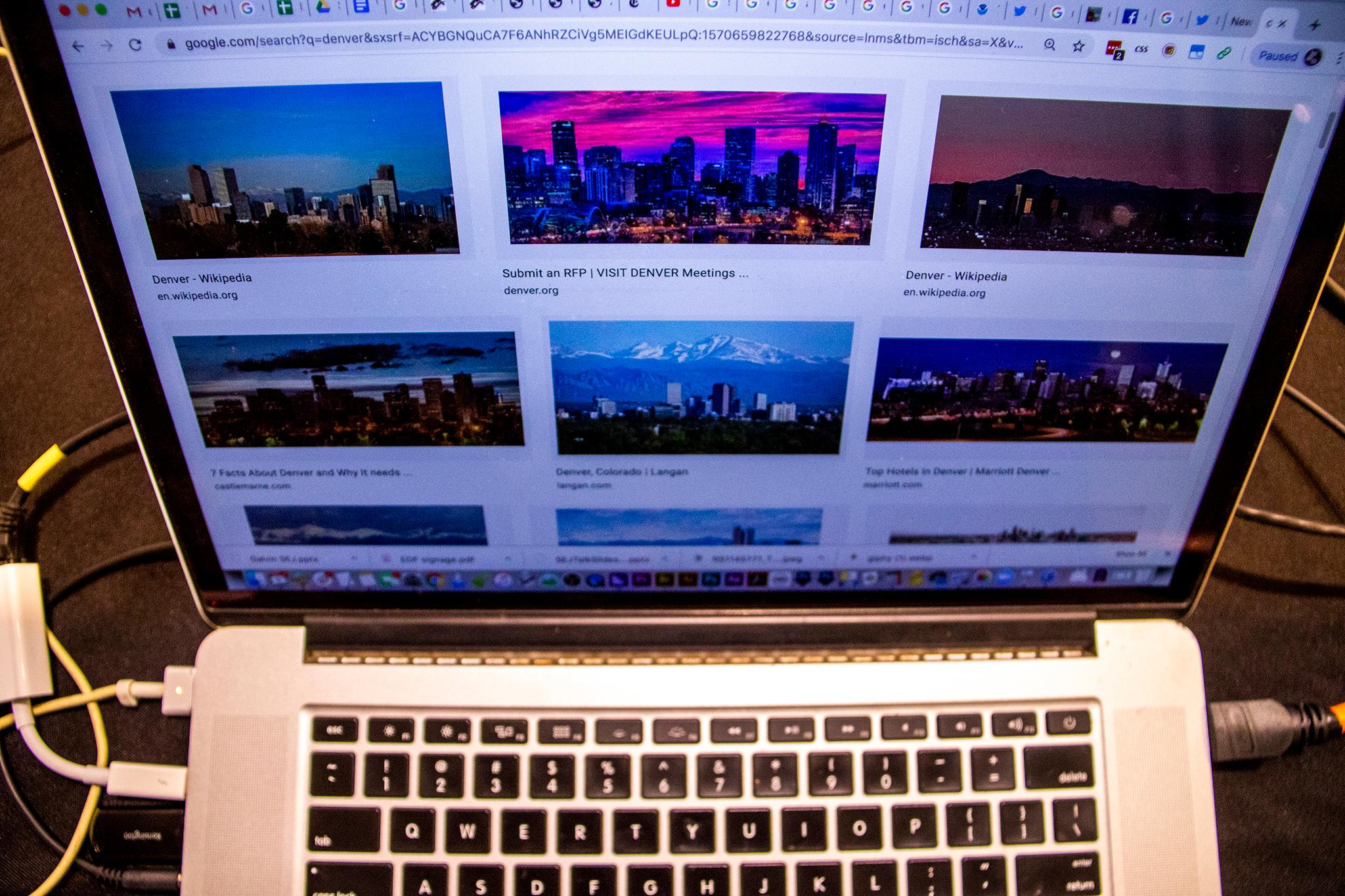Initiative 2H asks voters to let Denver spend money on broadband internet services and infrastructure. Currently, state law prohibits the city from investing in such things.
If Denver ever creates a public internet utility -- akin to water and electricity providers -- opting out of the state law is a necessary first step. Other organized groups, like neighborhoods, would also be able to get into a business dominated by Comcast and Century Link.
City Councilman Paul Kashmann sponsored this measure, which was approved by the Denver City Council earlier this year and passed onto voters. Over 100 other Colorado localities have passed similar measures.
What the ballot measure says: Shall the City and County of Denver, without increasing taxes by this measure, reestablish the city's right to provide all services restricted since 2005 by the Colorado General Assembly with their passage of Senate Bill 05-152, including the authority but not obligation to provide high-speed Internet (advanced services), telecommunication services, and cable television services, including any new and improved high bandwidth services based on future technologies, to residents, businesses, schools, libraries, non-profit entities and other users of such services either directly or indirectly with public or private sector partners, as expressly permitted by Article 27, Title 29 of the Colorado Revised Statutes?
What it means: Initiative 2H would exempt Denver from a state law that prevents cities from spending money on broadband internet services and infrastructure. Initiative 2H does not create a city-sponsored internet provider. Rather, opting out of this state law opens the door for Denver to create one if and when city leaders want.
Who supports it: The Denver Internet Initiative is a registered backer of the measure. Along with Kashmann, the group believes 2H is the first step to closing the gap between internet haves and have-nots. Supporters see the internet as a necessity and tool for upward social mobility, much like a library, that should be available regardless of how much money someone makes.
Who opposes it: 2H has no official opposition. However, Comcast, which lobbied against a similar referendum in Fort Collins, downplayed cost as a barrier for connecting to the internet. A spokesman told the city council that removing state restrictions won't "directly address" things like internet literacy and whether people actually need or want the internet.












